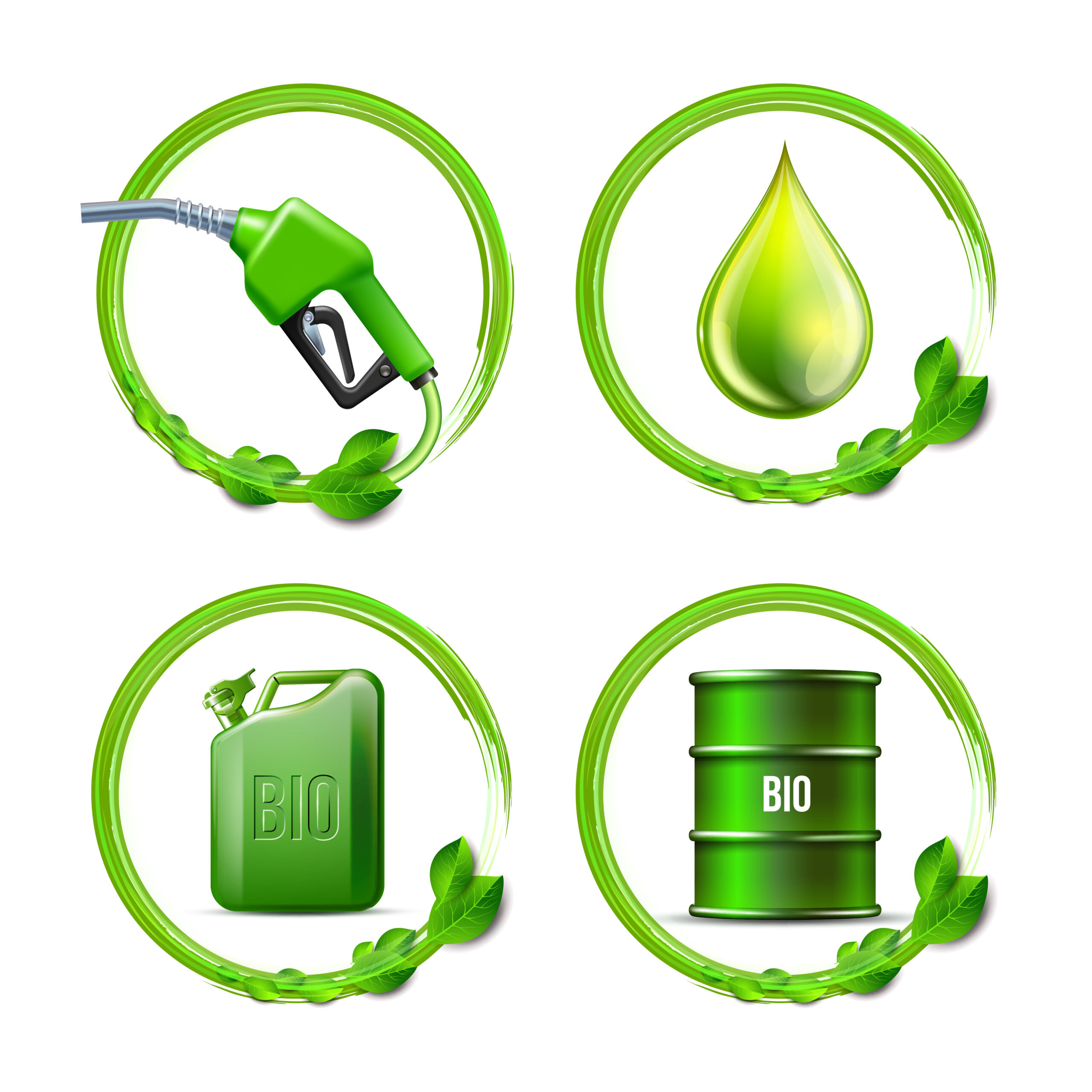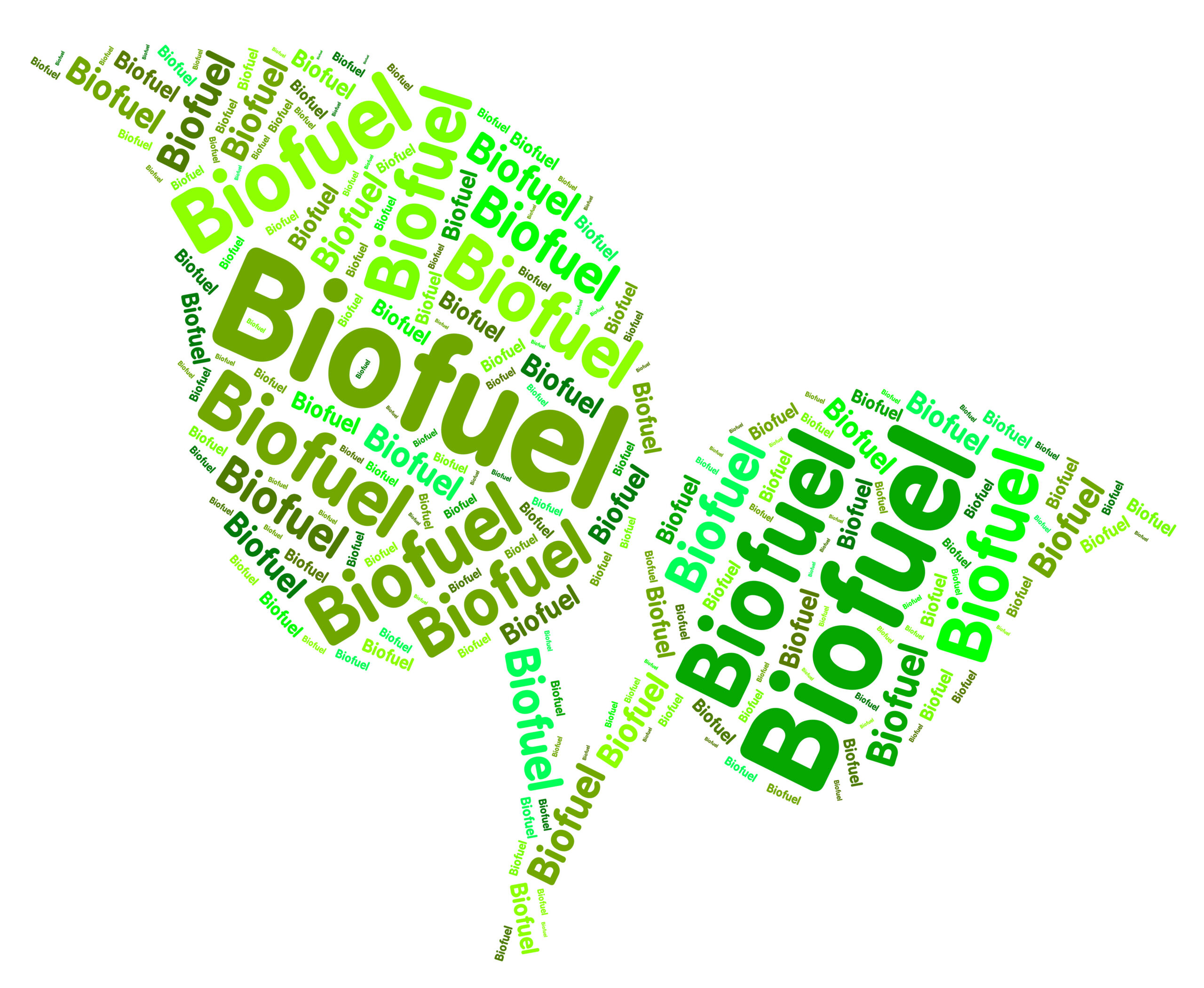Biofuels & e-Fuels Training Course
Lead Consultant/Trainer: Dr. Colin Schaverien
The Petrogenium Biofuels & e-Fuels course provides a comprehensive overview of both first generation, and especially, advanced biofuels, and the processes for producing them. It also gives an overview of e-fuels or synthetic fuels technologies & technology routes starting from renewable electricity to make green hydrogen and conversion to e-fuels by the FischerTropsch process, to e-based methanol and e-based ammonia. The course can be five half-days or 2-3 full days dependent on the client.
Participants
This Petrogenium course can be tailored for awareness/inexperienced staff, for intermediate and for experienced personnel. Furthermore the course can be customized to your specific requirements and interests. The option for post-course consultancy/help-desk support is also available.
Participants may include: scientists and technologists from oil & gas, petrochemical and pulp & paper or other bio/e-fuel industries; business managers; government departments interested in renewables; investors from venture capitalists and financial institutions will also highly benefit from this course.
Participants may include: scientists and technologists from oil & gas, petrochemical and pulp & paper or other bio/e-fuel industries; business managers; government departments interested in renewables; investors from venture capitalists and financial institutions will also highly benefit from this course.


Learning Objectives
The course participant will gain a deep and thorough understanding and critical comprehension of biofuels and e-fuels, their promise for the future as well as an appreciation of the technical and economic challenges and the role of government legislation, mandates & subsidies and feedstocks. In particular the pros and cons of the various biofuels and e-fuels processes, their scaling up towards commercialisation, their chances of success looking to 2025, 2030 and beyond, are presented.
Programme
1st half day
Introduction to biofuels
2nd half day
Practical and technology aspects of the hydrotreating processes and coprocessing of vegetable oils including engineering challenges
Advanced biofuels
3rd half day
Advanced biofuels (continued)
4th half day
E-fuels: in depth discussion of the various e-fuels and routes
5th half day
Mandates and biofuels incentives
Feedstock availability
Technology readiness levels (TRL)
Carbon intensity of routes
Recap of main messages and closure
Introduction to biofuels
- 1st generation biofuels such as ethanol and fatty acid methyl esters, the current default solutions for blending in gasoline and diesel, respectively, to achieve mandate compliance
- Hydrotreated vegetable oils (HVO) for diesel blending from the hydrogenation of vegetable oils, used cooking oils, animal fats and other waste feeds.
- Coprocessing of vegetable oils in refinery units such as HDS units
2nd half day
Practical and technology aspects of the hydrotreating processes and coprocessing of vegetable oils including engineering challenges
Advanced biofuels
- Cellulosic ethanol and butanol
- Gasification of biomass to methanol
- Gasification with Fischer Tropsch to BTL
- Introduction to e-fuels from FischerTropsch processes, to methanol, and to ammonia
- Renewables legislation and subsidies, especially in USA and EU
3rd half day
Advanced biofuels (continued)
- Sustainable aviation fuels
- Integrated Hydropyrolysis and Hydroconversion (IH2)
- Lanzatech’s conversion of carbon rich flue gases to ethanol
- Alcohol routes to renewable jet and diesel
- Pyrolysis oil from biomass and from waste plastics
- Hydrothermal liquefaction
- Algae as a CO2 sink to produce lipids as sustainable substitutes for vegetable oils
4th half day
E-fuels: in depth discussion of the various e-fuels and routes
- Technology maturity assessment, scale-up risks, TRL
- Requirements / options for integration of technologies into existing production routes
- Green electricity: basic options, cost projections, associated risks & uncertainties
- For carbon-based materials: sourcing of (green) CO2 feedstocks (options, issues & technologies)
- Basic economic assessments, including projections on expected costs and their evolution
- Projected market potential of products in e-fuels
5th half day
Mandates and biofuels incentives
Feedstock availability
Technology readiness levels (TRL)
Carbon intensity of routes
Recap of main messages and closure